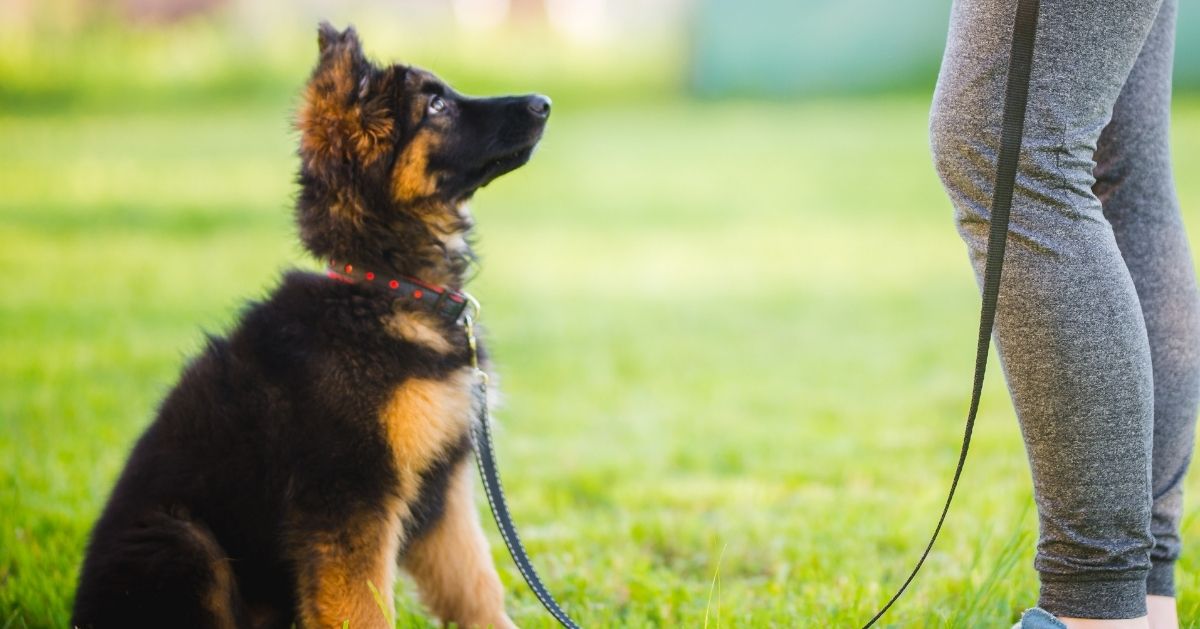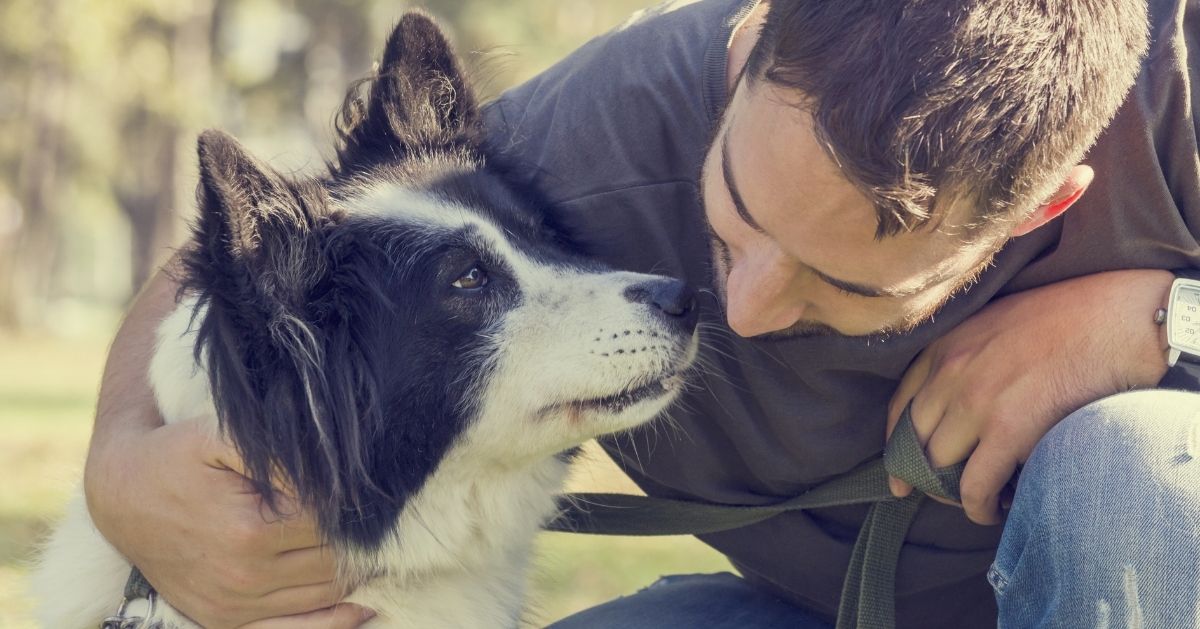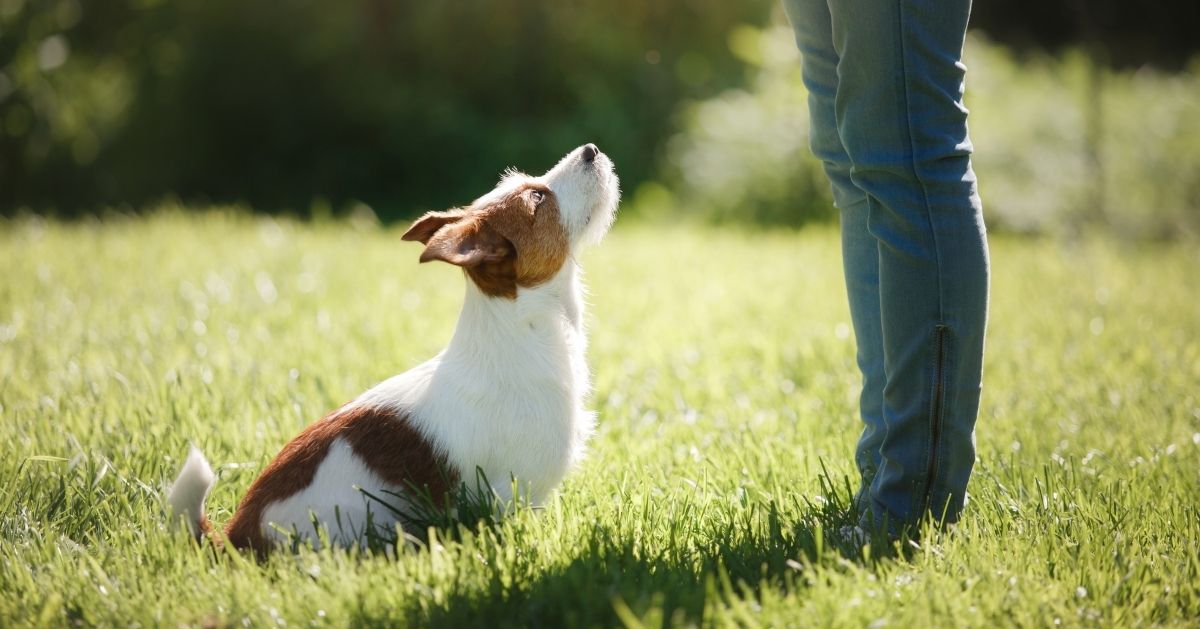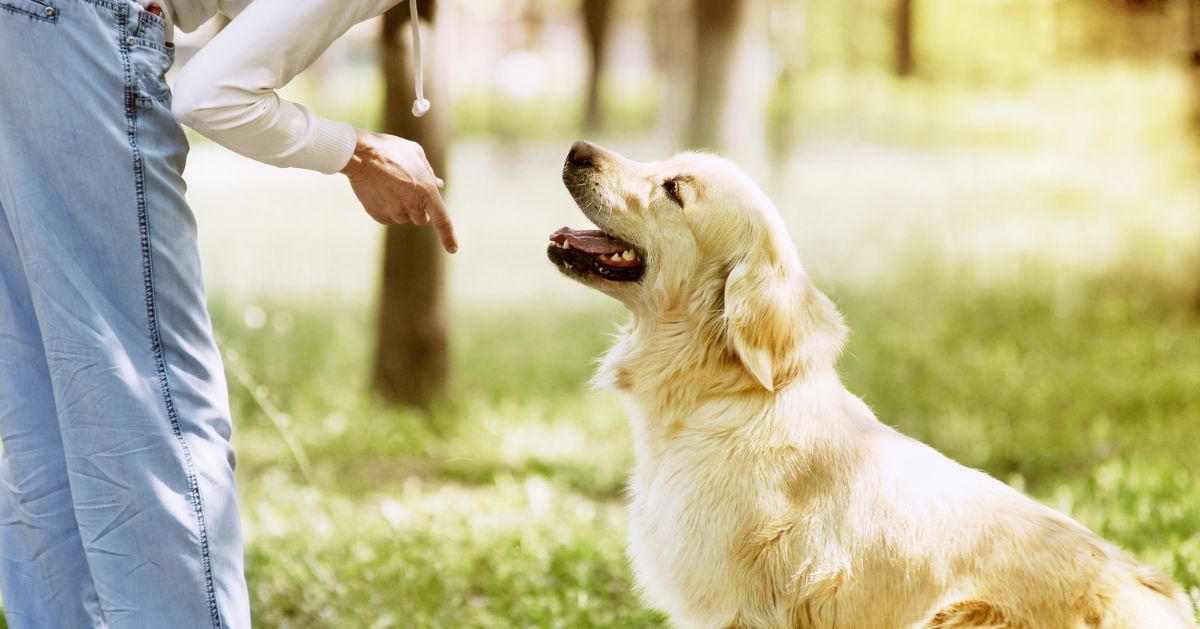Training your dog takes patience, consistency, repetition – and a lot of time. Some dogs are easier to train than others, but it’s important that ground rules are set and your new pooch starts to understand what they can and cannot do, and what is good and what is naughty behaviour. Socialization and training go hand in hand, and although there is a subtle difference between them, they are each as important as the other.
THE DIFFERENCE BETWEEN TRAINING AND SOCIALIzATION
Socialization is when your dog begins to:
- Learn doggie etiquette and how to engage with, and behave around, other dogs
- Read other dogs’ body language and learn to interact with them
- Adapt to different situations at home, in different places and around different people
The best time to start socializing a puppy is between the ages of 3 and 14 weeks, and this should continue throughout your dog’s life.

Training is when your dog learns different skills that enable them to accept and respond to cues or instructions that will keep them safe, and fulfil their day-to-day life. Training builds your dog’s confidence, provides mental stimulation, physical exercise and strengthens the human-animal bond.
Although it is, of course, possible to ‘teach old dogs new tricks’, the optimum time for training a dog is when it is young.
But do you need a dog trainer? Sometimes, training a dog is easier said than done! There are plenty of resources available that you can read, watch or listen to – all giving you good advice about how to train your dog, but one thing they cannot provide is time. If you have a busy work and family life, you may not have the time to get started, so you might want to consider getting help from a professional dog trainer.

HOW TO FIND THE RIGHT DOG TRAINER FOR YOU AND YOUR DOG
It’s important to choose the right trainer for your dog – whether it’s obedience training, giving your dog mental stimulation, or you need to address a specific problem.
- Research a few local trainers, speak to them about their methods and talk to other dog owners that have used their services.
- Do they have a social media presence? This is a good way to get an idea of their approaches and opinions.
- Arrange to meet the trainer first and check that their qualifications are up to date (eg. do they regularly do CPD?) and that their approach to training is what you are looking for.
- Understand what their training course includes. For example, will they share the training plan with you? Can you contact them outside of regular sessions for advice?

- Check if they belong to a trade body or association of dog trainers. There are many different training philosophies out there. Some terms you may see mentioned include:
- Operant conditioning: Commonly used for dog training where a dog learns that a behaviour produces consequences.
- Positive reinforcement (or reward-based training): Dogs are rewarded only for good behaviour. Being rewarded for certain behaviours will increase the likelihood of your dog repeating that behaviour as they form positive associations.
- Positive punishment: When you do something to discourage a behaviour, e.g. turning away and ignoring your dog when they try to jump up at you.
- Clicker training: A device is used to make a quick, sharp noise, such as a whistle or, as the name suggests, a clicker, to signal to a dog when a wanted behaviour is accomplished. Clicker training is useful as it is easy to mark the behaviour you want your dog to repeat.
- Training based on positive reinforcement can result in improved learning – numerous studies have shown that aversive training methods can do more harm than good.
- Does the trainer hold liability insurance and do they have policies in place to protect your dog’s health – for example, do they ensure that all dogs have worming/vaccinations before attending?
- Do you think you will get along with the trainer? Personality is important as you will be working with each other for your dog’s benefit.
- Enquire about their success rate – what type of issues have they managed to resolve with other dogs?
- Do they work closely with other specialists, like a vet or behaviourist, if they feel they are not qualified to help your dog?
- Where does the training take place – their own premises, your home or a local park?
- Some people like the opportunity to meet other dogs and their owners in a combined class – but make sure these classes are not too large so that your pooch gets some of the 1:1 attention they need.
- Private training can involve the trainer coming to your home, or they may have a dedicated space that they work from. If your dog has training issues, it might be best for them to see your dog in their home environment, so that they can see the issues first-hand and work out a plan specifically to handle them.

- If you are considering going to a class, ask if you can observe before you join. This will give you the opportunity to understand:
- The training methods they use.
- The atmosphere in the class – do the dogs seem to be enjoying the class, is the trainer in control, are the dogs responding?
- Will your dog fit into the age demographic – puppy training will be different to training an older dog.
- How the trainer copes with anxious, nervous, excitable or even unruly dogs.
- If the other dog owners seem happy with the training.
- During the pandemic, dog trainers, like other service providers, have reverted to online classes, and you may think that this would work for you, but your pooch would, of course, miss out on the socializing aspect of the class.
A good trainer will know that all dogs are individuals and will learn at different paces. There’s no quick fix, so patience, repetition and consistency is key. If you feel like your pooch can do with a little extra help, consider using an ADAPTIL On the Go Collar, which will help with signs of nervousness or anxiety and enable your dog to get the most out of their training.



